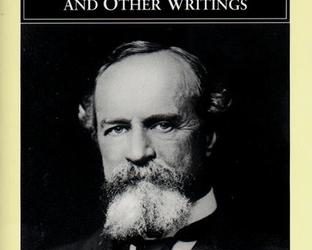 Yesterday was Impact Factor Day, a little later this year than in most, and for some, this day is akin to Christmas morning, and for others, a bit like a trip to the dentist. It was made perhaps a bit more agonizing as Thomson Reuters further delayed the release of the numbers until after the close of business on the east coast of the US. Many of us in the US and the UK spent the day fruitlessly refreshing our browser windows.
Yesterday was Impact Factor Day, a little later this year than in most, and for some, this day is akin to Christmas morning, and for others, a bit like a trip to the dentist. It was made perhaps a bit more agonizing as Thomson Reuters further delayed the release of the numbers until after the close of business on the east coast of the US. Many of us in the US and the UK spent the day fruitlessly refreshing our browser windows.
The release of new Impact Factors always results in a great deal of work for publishers, editors, analysts and consultants as we pore through the numbers and figure out exactly what they mean. Love it or hate it, the Impact Factor still holds major sway over the careers of academic researchers as well as the submission rates and overall health of journals.
With that in mind, I dug back into our archives to offer up some of our articles examining the Impact Factor, from a variety of angles. We’ll return with a new post tomorrow, once the dust settles.
Reinventing The Impact Factor for the 21st Century (April 2014): Phil Davis suggests ways that the IF could be improved.
The Measurement of the Thing: Thinking about Metrics, Altmetrics and How to Beat Goodhart’s Law (March 2014): David Smith thinks big thoughts about standards, metrics and the universe.
The Persistent Lure of the Impact Factor–Even for PLOS ONE (July 2013): David Crotty on how the IF still plays a pivotal role, even for journals that actively discourage its use.
Impact Crater–Does DORA Need to Attack the Impact Factor to Reform How It Is Used in Academia? (May 2013): Kent Anderson looks at the most recent movement aiming to reform the way academia misuses the Impact Factor.
Altmetrics–Replacing the Impact Factor Is Not the Only Point (November 2012): Todd Carpenter looks at the development alternative metrics.
Impact Factor Inflation: When an Increase is Actually a Decrease (July 2010): Phil Davis looks at a study analyzing background inflation rates for Impact Factors.



